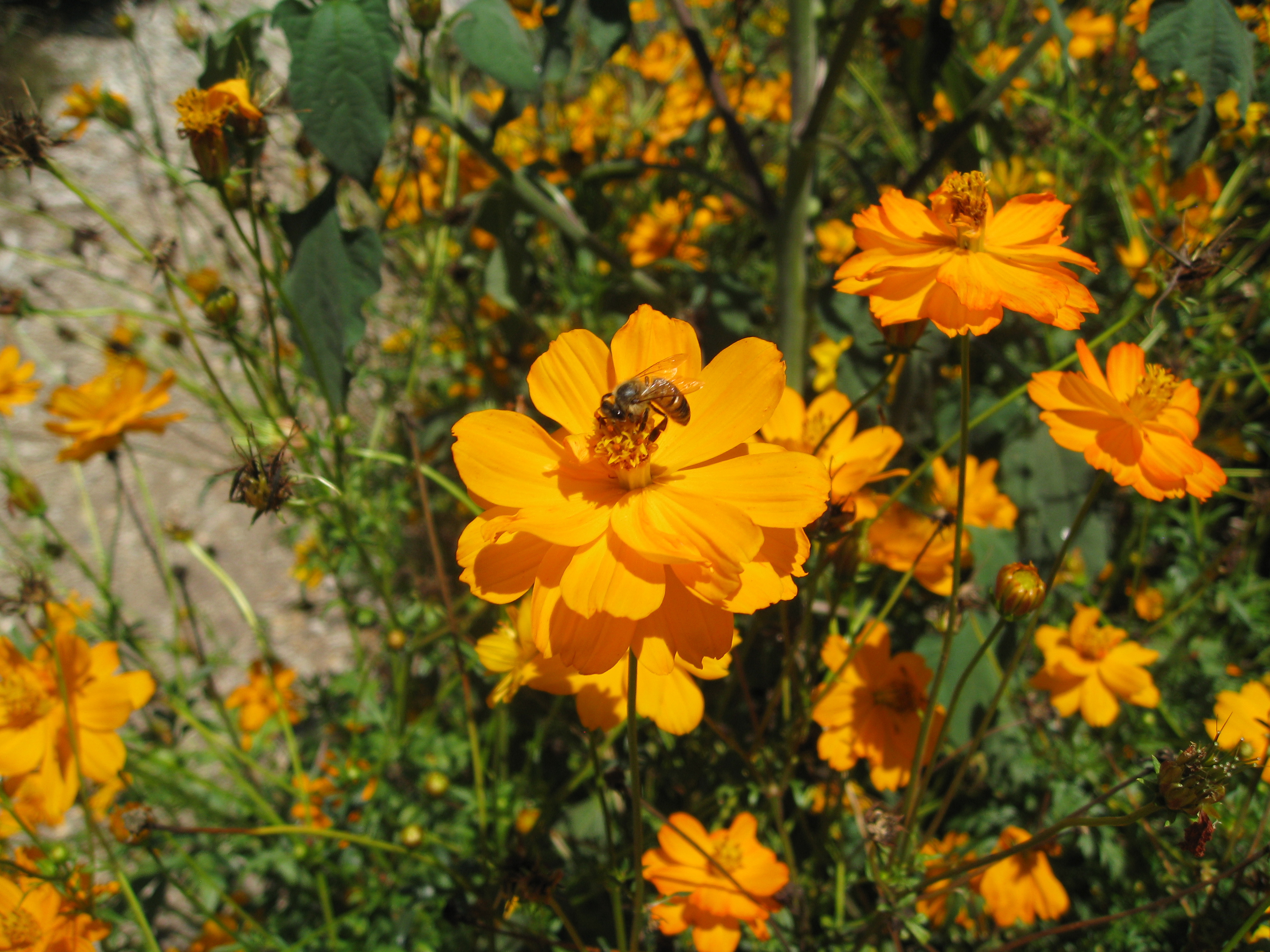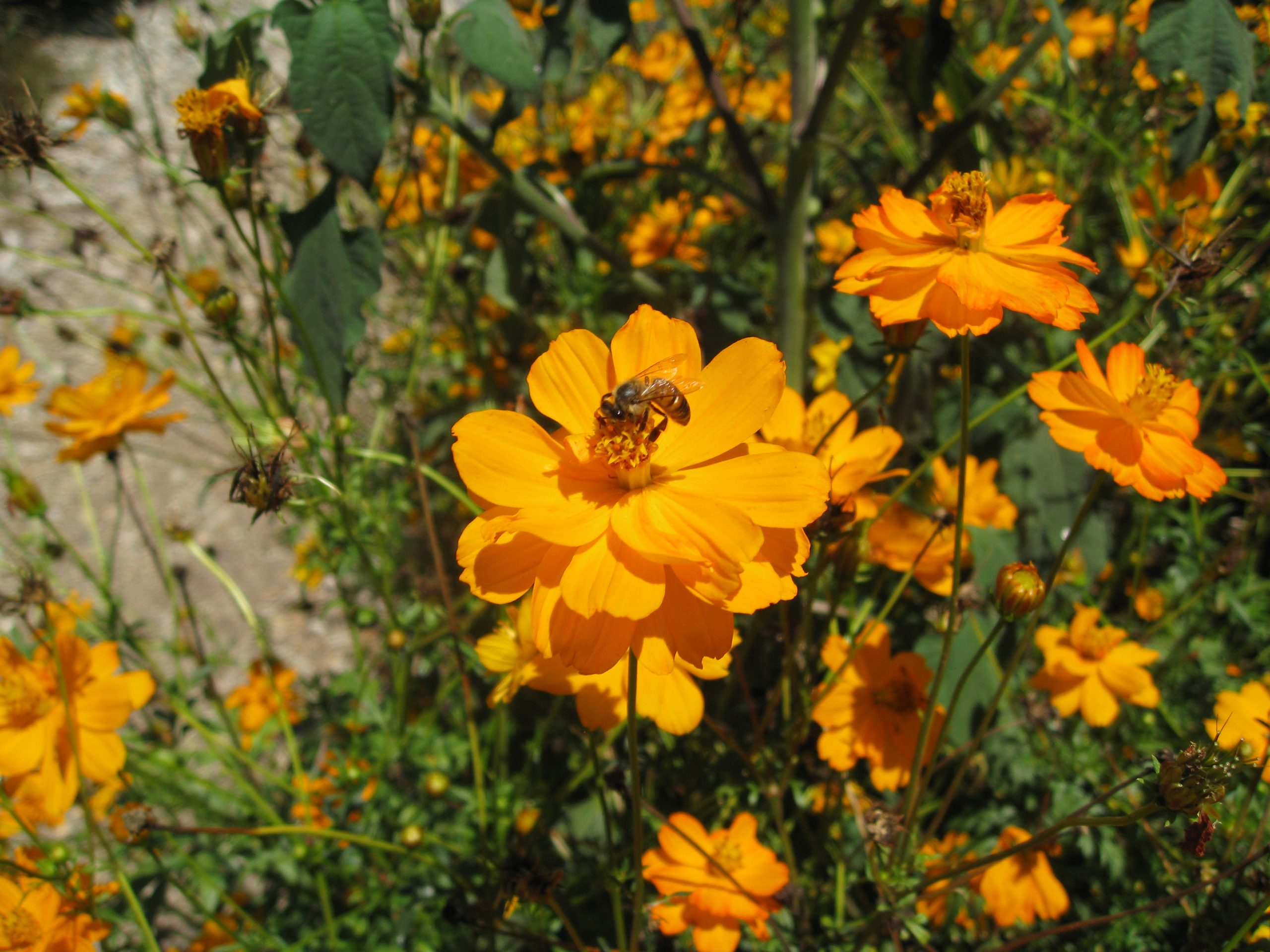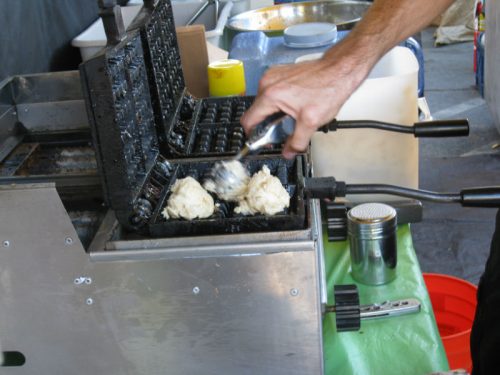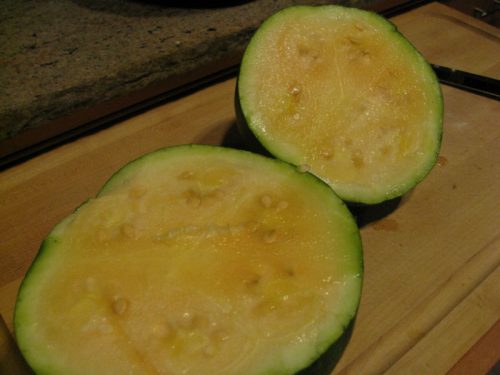Another great question to share with you this week from Melody Girard:
“Are there certain times of the day that bees and other pollinators in our area routinely forage? If so, when would that be? I’ve read that if you need to use an organic spray to control pest, that you should avoid using it at times when bees are foraging.”
Knowing when to spray is tricky one, because there are some species that are out all day long, and other beneficials that come out at night. Generally speaking, though, you can bet you’ll find bees and other pollinators out first thing in the morning, when flowers are just opening up.

Spraying after the sun goes down is the best bet for avoiding bees. They go in to their hives at night, so once the sun sets, you’re clear. Keep in mind that other beneficials are still working in the garden after sunset, though. Bats, if you have them, are active at night. Certain moths are also working the night shift.
Even organic sprays don’t discriminate between pests and beneficial insects. Soap sprays wash off the protective layer of any bug, causing it to desiccate and die. Oil suffocate insects, both good and bad.
The bottom line is to read your package directions to avoid spraying anything that might be harmful to beneficial insects. We here at Gardenerd consider sprays a last ditch effort. First try improving soil with compost, mulch, worm castings and compost tea, then go for the sprays if you don’t see improvement.
Thanks for writing in. We hope this helps!




